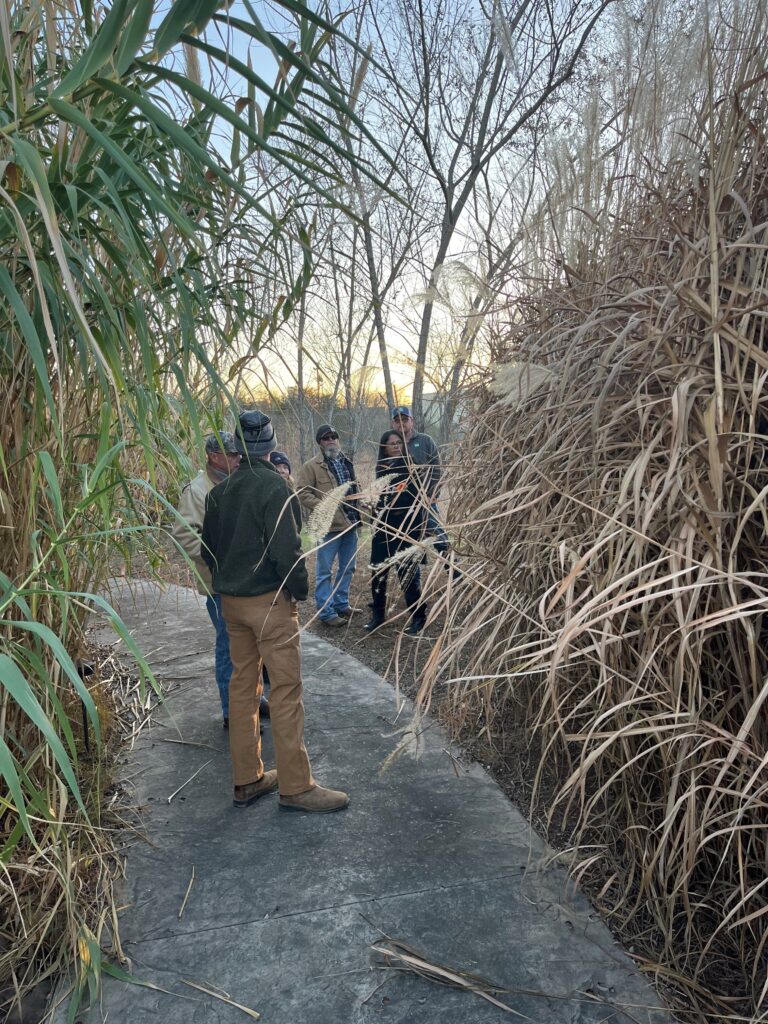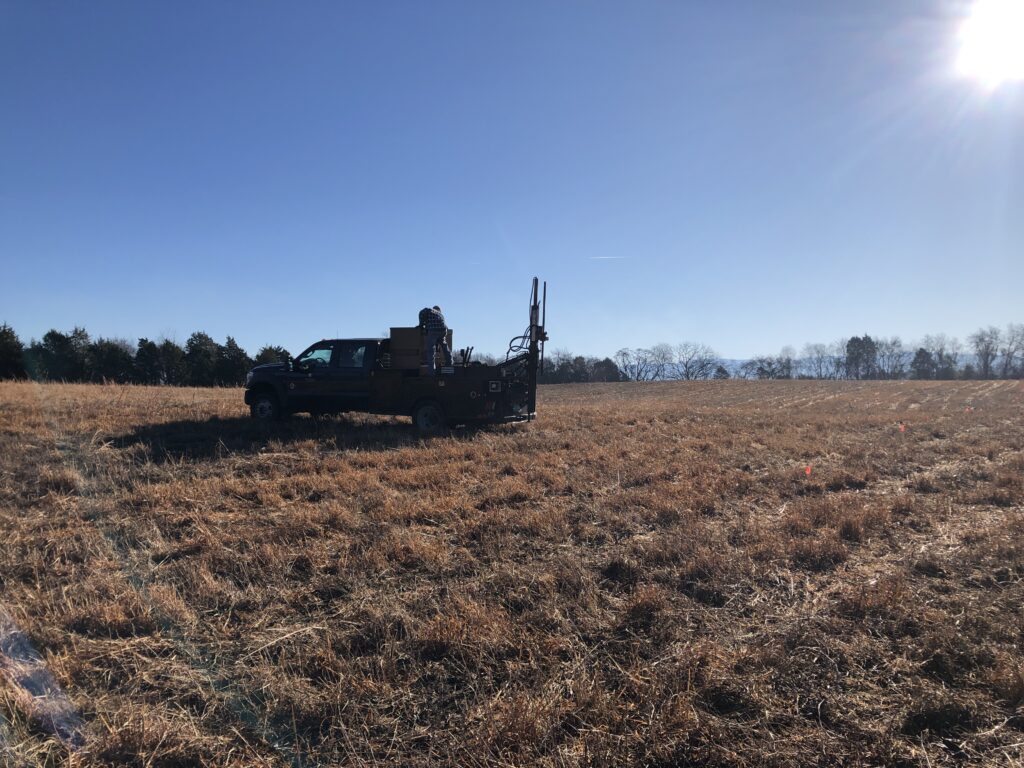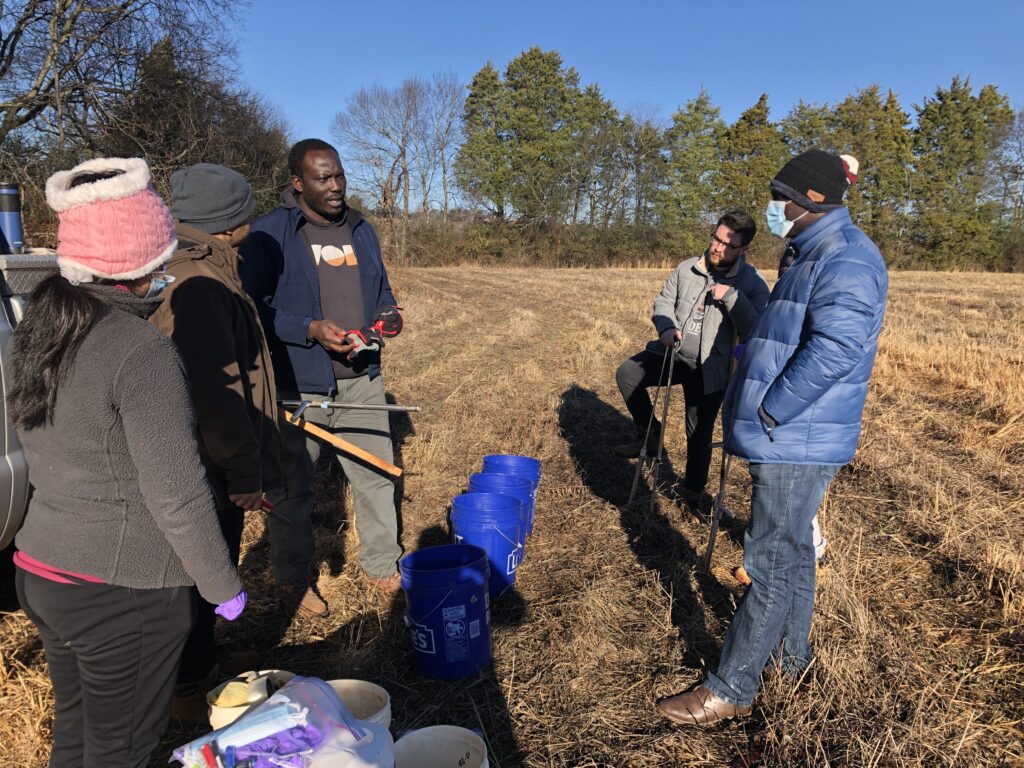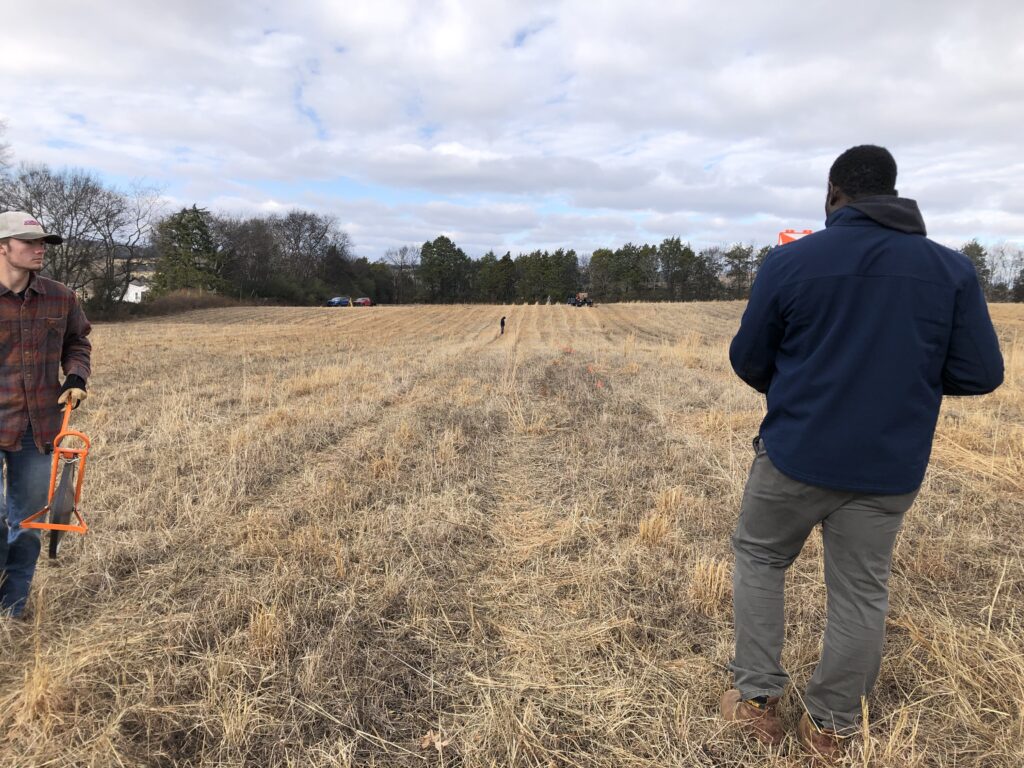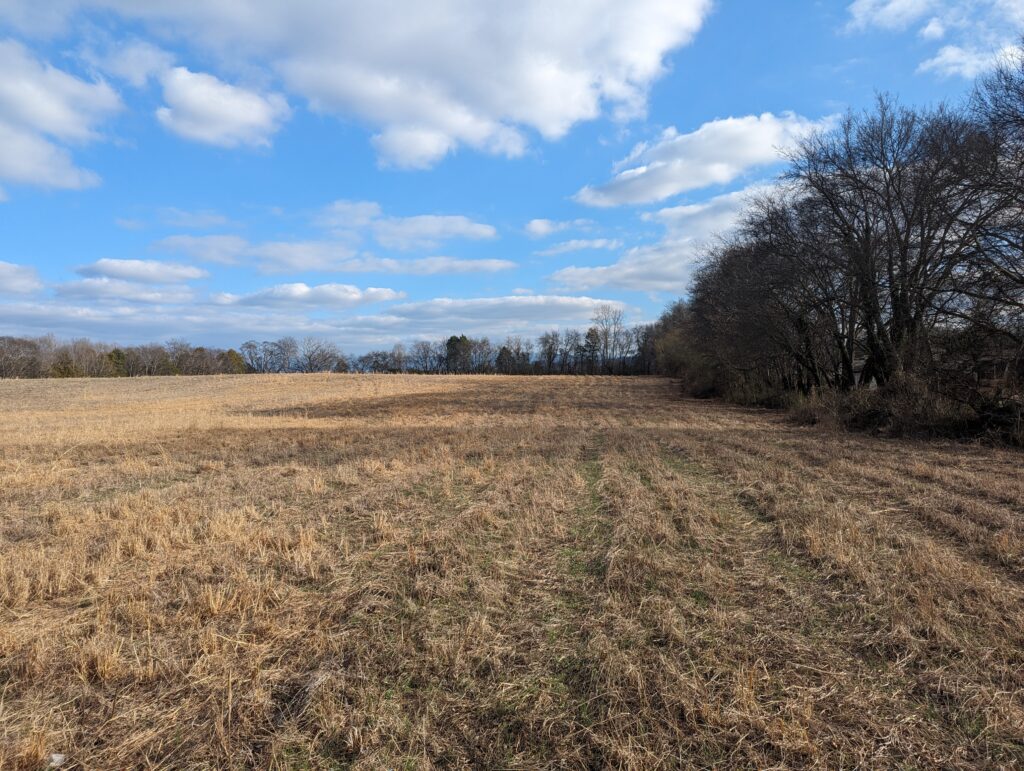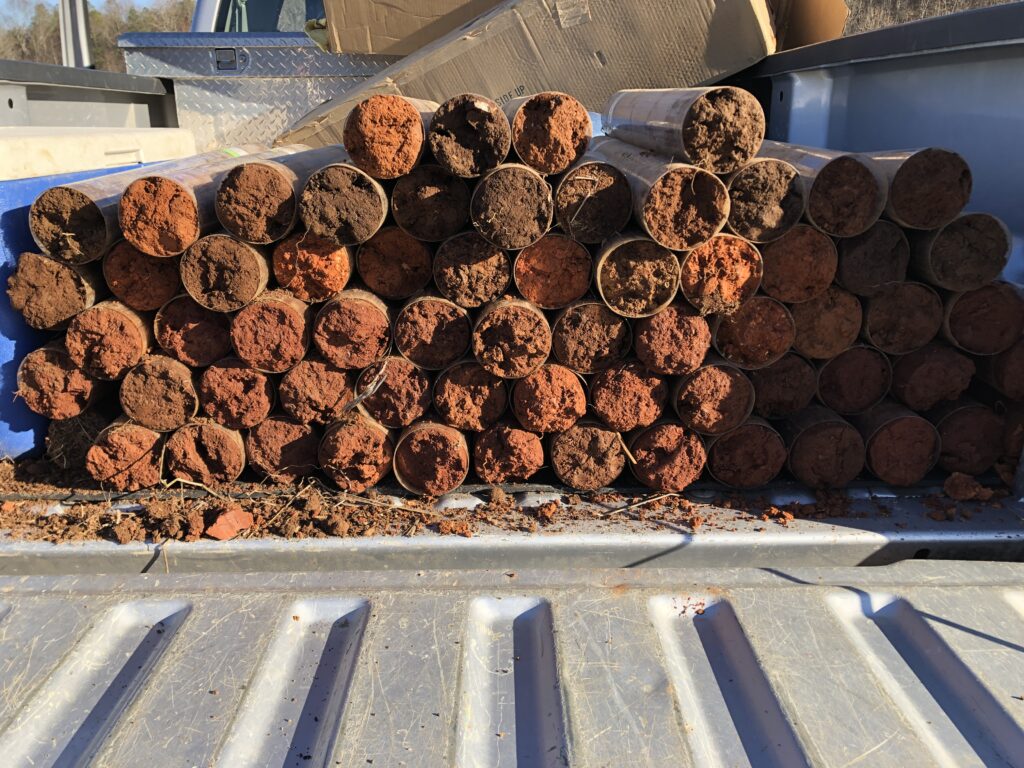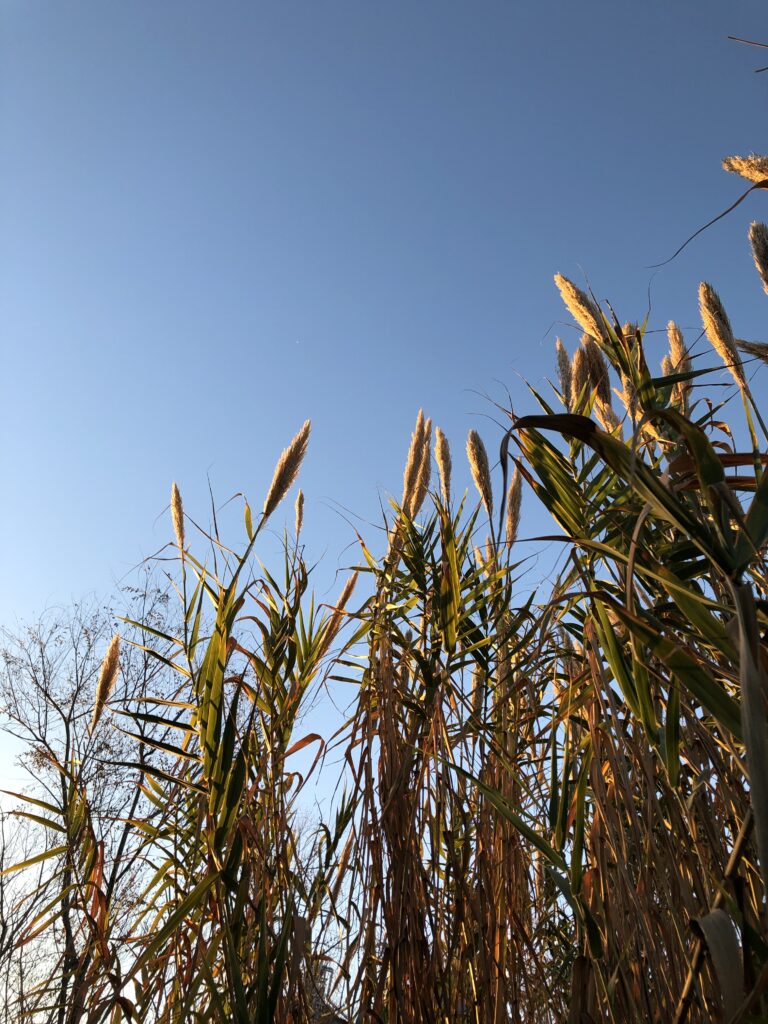Biochar enhanced ecosystem services for energy crop systems in the Southeast
An interdisciplinary team lead by UTIA researchers partnering with Mississippi State University (MSU), Tennessee State University (TSU), and Oak Ridge National Laboratory (ORNL) will be researching the ways biochar can help decarbonize the aviation sector while also providing ecosystem benefits, thus promoting a circular economy.
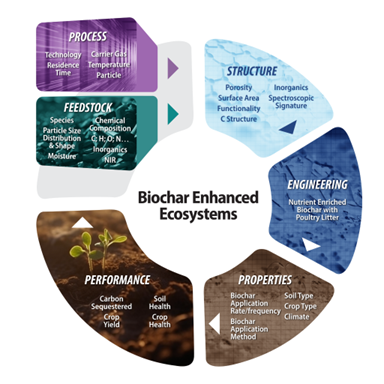
Biochar is biomass (wood, grasses, etc.) that has been heated with limited oxygen in special furnaces in a process called pyrolysis. This process can be used to produce oils and gases for energy, and the charcoal-like product called biochar has been used for many years as a soil conditioner and amendment.
Decarbonizing each step of the supply chain will be needed to decrease the carbon intensity of sustainable aviation fuel (SAF). Soils are one of largest carbon sinks on Earth, thus soils in SAF feedstock production systems could serve a significant carbon sink for the supply chain. Application of biochar to SAF feedstock production will sequester carbon and reduce fertilizer needs, reducing the overall carbon footprint for SAF production. Our proposed approach in this project is to amend feedstock production soils in multiple Southeastern (SE) locations with a biochar and poultry litter combination to sequester carbon and reduce the need for synthetic fertilizers while simultaneously improving beneficial ecosystem services including enhanced crop productivity and soil health and diminished emissions. Biochar is a fitting choice because it is a by-product of thermochemical SAF production pathways and, thus, returning it back to the SAF feedstock production system creates a circular system where soil nutrient/carbon stocks are replenished. The overarching goal of our research program is to investigate amended/un-amended biochar to reduce the carbon intensity and enhance productivity of SAF feedstock production systems in the SE.
Establish feedstock-process-biochar relationship. Develop a fundamental understanding of how a variety of lignocellulosic biomass feedstocks and the conversion process affect the properties of the resulting biochars towards providing science-based guidance on how feedstocks and process conditions should be selected to engineer desired properties in biochars.
Evaluate the impact of biochar and fertilizer combinations and climate variability on two energy crop systems in the SE. Evaluate how biochar treatments influence the agronomic performance for bioenergy crops, Giant miscanthus and biomass sorghum, and the resulting ecosystem services derived from biochar and biochar with organic fertilizer (i.e., poultry litter) amendments.
Establish feedstock-process-biochar-soil-crop-performance relationship through machine learning and process modeling. Deploy a suite of modeling approaches and tools to decipher biochar-soil-crop-performance relationships and assess the economic viability and the sustainability of amending our crop systems with biochar and biochar with poultry litter in a SAF production context at the SE regional scale.
This project is funded by a U.S. Department of Energy (DOE) Bioenergy Technologies Office (BETO) grant.
